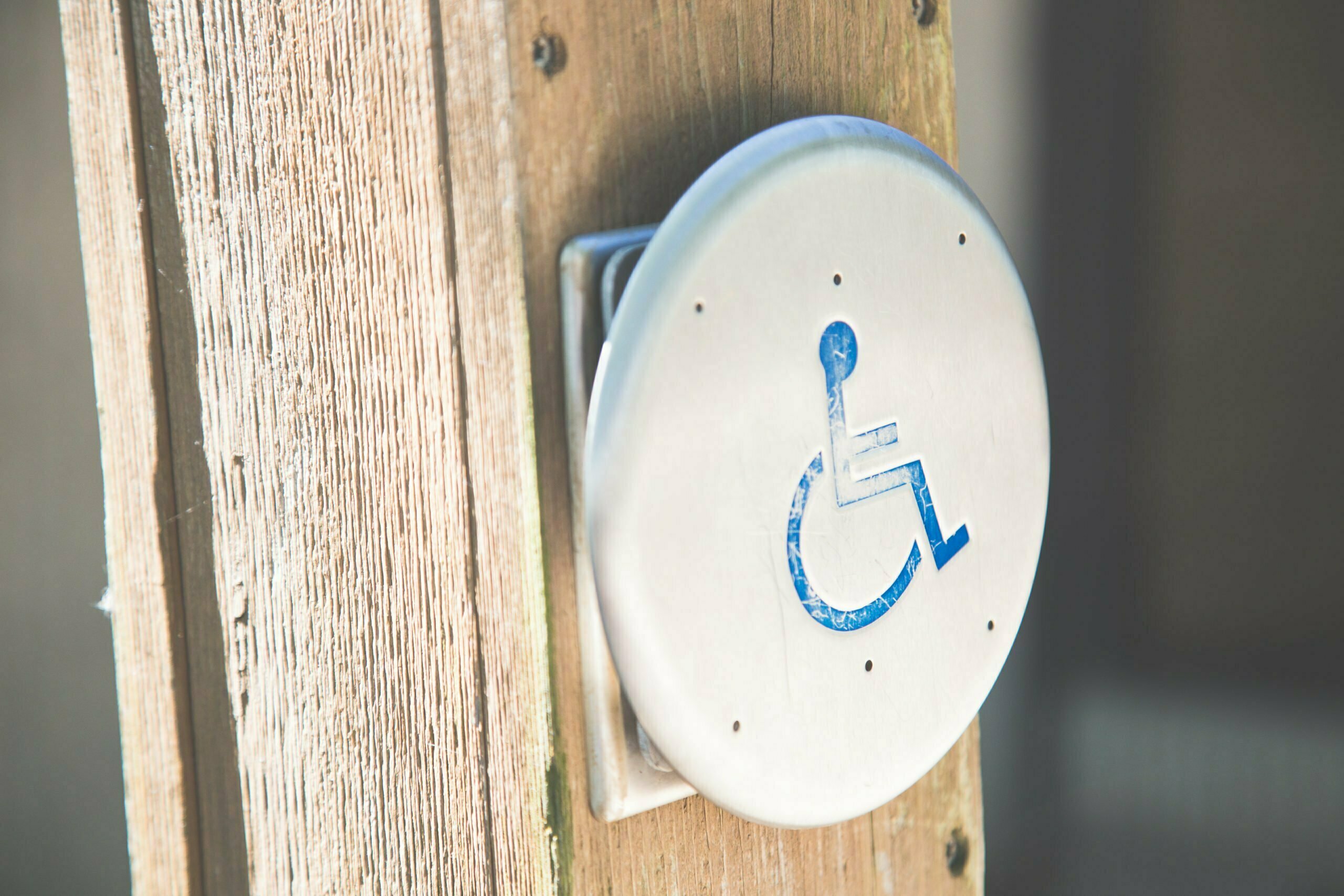Fertility and Pregnancy Care: Your Comprehensive Guide
Embarking on the journey to parenthood demands attention to various aspects of health and well-being, with an imperative focus on fertility and pregnancy care. With a myriad of advice available, discerning the most reliable and effective measures can often be overwhelming. Preparing the body and mind for conception, managing the physical alterations during pregnancy, and regaining strength post-delivery form the cornerstone of a nurturing maternal experience. In this article, readers will find a distilled essence of expert recommendations, drawing from contemporary preconception, pregnancy, and postpartum care practices. Keep reading for detailed guidance on each stage, designed to support and enrich your path to parenthood.
Preconception Planning: Steps to Optimize Your Fertility

As couples embark on the journey toward parenthood, conscientious preconception planning emerges as a crucial step in laying the foundation for a healthy pregnancy. Beyond basic health measures, such as maintaining a balanced diet and regular exercise, specific, actionable strategies are tailored to enhance an individual’s fertility. Understanding the intricacies of reproductive health and acknowledging any underlying medical conditions is paramount.
Timely tracking menstrual cycles and ovulation patterns is a practical approach for individuals aiming to conceive. Accurate monitoring can pinpoint the most fertile windows, thereby optimizing the chances of successful conception. It is not merely about tracking dates but also about recognizing bodily signs that signal ovulation is approaching, ensuring timing intercourse accordingly.
Stress management holds a distinct place in preconception care, as stress hormones can adversely impact fertility. Simple breathing exercises, meditation, or yoga techniques can effectively mitigate stress. Seeking supportive relationships and creating a calm, nurturing environment contribute to overall well-being and fertility.
Consulting with a fertility and midwifery care center can provide personalized guidance and support to help optimize your fertility during the preconception planning phase. Such specialized centers offer a suite of services ranging from fertility assessments to targeted interventions. They play an integral role in addressing individual needs, thereby enhancing the probability of a healthy conception and pregnancy.
Navigating Pregnancy: Essential Tips for Each Trimester

The first trimester heralds profound change as embryonic development takes center stage. Expectant parents are advised to consult frequently with healthcare providers to monitor progress and address concerns. Staying hydrated, taking prenatal vitamins, and avoiding harmful substances form the cornerstones of care during this initial phase.
Moving into the second trimester, the focus shifts toward the wellness of both mother and baby as the risk of early complications decreases. This is an opportune time to engage in prenatal exercises designed to strengthen muscles for childbirth while also ensuring a balanced intake of essential nutrients to support fetal growth.
During the third trimester, discomforts related to the growing fetus may intensify, warranting attention to body posture and rest. Preparing a birth plan and familiarizing oneself with delivery procedures ensures that parents are poised for the impending labor and postpartum period.
As delivery approaches, the importance of regular prenatal appointments cannot be overstated, providing the chance to fine-tune the birth plan and conduct necessary screenings. Staying informed about the signs of labor allows for timely action and ensures a well-coordinated response when the moment arrives.
Postpartum Care: Supporting Your Health After Delivery
Postpartum recovery is a critical phase, marking the body’s return to a non-pregnant state while adapting to the demands of motherhood. Proper care during this period supports physical healing and emotional well-being, ensuring mothers can fully bond with their newborns and begin the journey of parenting with restored energy.
Healthcare follow-ups after childbirth are essential for addressing any complications and guiding new mothers through their recovery process. These evaluations focus on monitoring the mother’s physical recovery, discussing family planning, and ensuring mental health support is available, which is paramount for detecting and managing postpartum depression.
Nutritional needs remain a vital focus post-delivery, as a well-balanced diet rich in vitamins and minerals facilitates recovery and provides the necessary sustenance for breastfeeding mothers. Recovery nutrition also plays a role in restoring the strength and vitality diminished through the arduous process of childbirth.
Establishing a support network early on aids mothers in managing the multitude of new responsibilities. This collaborative system, often comprised of family, friends, and healthcare professionals, offers assistance with childcare and household tasks and provides emotional support critical to the well-being of both mother and child.
Overall, embarking on the journey of parenthood is a multifaceted experience that requires careful planning, attentive care during pregnancy, and robust support in the postpartum period. Parents can ensure a healthy and enriching path to welcoming their new addition by following expert recommendations and seeking guidance from specialized care centers.










